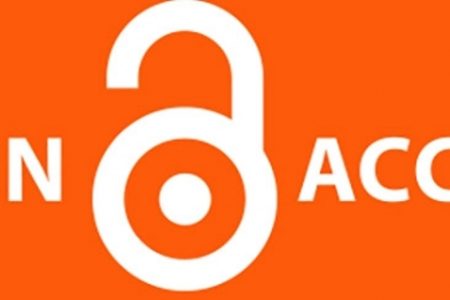Take your next step in Open Science
Together we can make science open. Find the next step that fits your journey.
Open science helps to increase the quality and integrity of research results, promote interdisciplinary research, and share new ideas more quickly and widely. This, in turn, helps knowledge to be created and sustained. At Leiden University we see open science as the way to make a greater scientific and societal impact, and at the Leiden University Libraries we are actively involved in supporting you to make your research more open.
Embarking on Open Science can seem daunting — there are so many new terms and practices to get used to. To help you along the path of open science, there is ample support available for you at your faculty, in the library, and through the Open Science Community Leiden. Did you know that:
- Each faculty has one or more data stewards and their own LUCRIS support?
- You can get help with publisher contracts, copyright, and to make your research data accessible, reproducible, and freely available with help from the library?
- You can find peers to learn and talk about open science practices with via the Open Science Community Leiden?
Together we can make science open. We put together some next steps to help you along your open science journey. Find out what you can do today and who is available in your faculty to support you further:
- Register your output and activities in LUCRIS
- Create an ORCID and add this to LUCRIS
- Publish your data
- Contact your faculty AiM team with suggestions
- Become a member of the Open Science Community Leiden (OSCL)
Open Science Community Leiden
The Open Science Community Leiden is a community where anyone associated with Leiden University can exchange ideas and experiences on open science. It was set up by and for researchers, but support staff are also welcome and indeed very active in the community. The OSCL organises regular events, like online Open Science coffees and in-person Open Science lunches. To find out more about open science and join the OSCL, visit the OSCL webpage.





